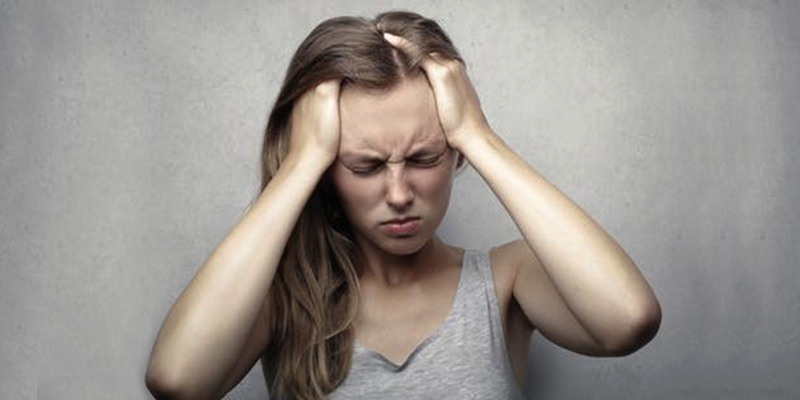Depression is a mood disorder that leads to feeling of sadness and loss of interest. While sadness is a normal human feeling and we all do feel sad, moody or low often, in depression, some people feel these feelings intensely, for longer duration of time may be for weeks, months or even longer and sometimes with no reason. Episode of depression persist for longer duration and can affect how one feels, think and behave and can lead to a variety of emotional and physical problems. Someone in depression may have trouble doing normal day-to-day activities, and sometimes may feel as if life isn’t worth living.
More than episodes of sadness, depression isn’t a condition that can fade away on its own. Depression may require long-term treatment. Most people suffering from depression feel better with medication, psychotherapy or both.
Symptoms:
Depression occurs once during life and people suffer from multiple episodes. During these episodes, symptoms occur most of the day, almost every day and includes:
- Extreme sadness, emptiness or hopelessness and tearfulness
- Emotional outbursts, rage, irritability or frustration
- Deranged sleeping patterns-insomnia or sleeping too much
- Lack of energy and enthusiasm, general feeling of tiredness
- Loss of interest or pleasure normal activities such as hobbies or sports
- Loss of appetite and weight loss or increased food cravings and weight gain
- Restlessness, anxiety or agitation
- Low voice, slowed thinking speaking and body movements
- Low self-esteem, feelings of worthlessness, self-blame
- Trouble thought-process, overthinking
- Suicidal thoughts, suicide attempts or suicide
- Unexplained physical disturbances, such as headaches or back pain
For many suffering with depression, symptoms presented are usually severe enough to cause evident problems in everyday activities like work, school, personal and professional relationships. Some people feel miserable and unhappy without knowing the reason.
Types of depression
Depression comes in various types and forms. Defining the intensity of depression-mild, moderate or major can be complicated, however knowing the type of depression one is experiencing, can be of great help in managing the symptoms and getting the most effective treatment.
Mild and moderate depression
Mild and moderate depression are the most common forms of depression. In mild and moderate depression, more than simply feeling low, the symptoms tends to interfere with daily life activities taking away the joys, motivation and enthusiasm. These symptoms get amplified in moderate depression consequently declining self-esteem and confidence.
Major depression
Major depression is rarer than mild or moderate depression and is characterized by severe, relentless symptoms.
- Major depression, if left untreated, lasts for about six months.
- Some people experience just one episode of depression in their lifetime, but in case of major depression, these episodes would be recurring.
Atypical depression
A subtype of major depression, atypical depression presents specific symptom pattern. It responds better to specific therapies and medications, so its diagnosis can be helpful.
- People suffering from atypical depression may remain depressed, however, they experience a temporary mood lift in response to positive events, such as after receiving good news or while out with friends.
- Other symptoms of atypical depression are increased appetite and weight gain, excessive sleeping, a heavy feeling in the arms and legs, and sensitivity to rejection.
Seasonal affective disorder (SAD)
Seasonal affective disorder or SAD affects nearly 1-2% of the population mainly young people and women. In this form of depression, the patient experiences feeling low and sadness due to a change in weather conditions. SAD usually begins with the onset of winter and persists till spring
When to seek assistance
Depressed people are advised to seek medical assistance as soon as possible. If the patient is reluctant to get medical assistance, He/ She can talk to a friend, any health care professional, a faith leader, or someone trustworthy.
Ongoing research have made scientists learn a lot about the biology of depression. The genes responsible to make individuals more vulnerable to feeling low and getting influenced have been identified. Sooner or later, these discoveries would lead to designing of more individualized and better treatment, but that is likely to happen after many years after. While research still goes on, it can be assumed that one day, depression would be successfully managed through medications and no one would end his or her life due to depression or stress.

